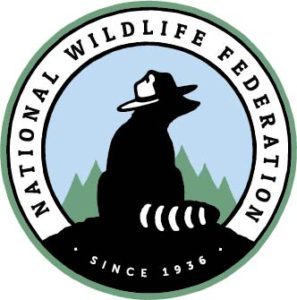Conservation Groups Urge Governors to Reject Weakening Clean Water Protections for Ohio River
Contact: Angie Rosser, arosser@wvrivers.org, (304) 437-1274
West Virginia Rivers Coalition joined the National Wildlife Federation and fellow state NWF affiliates in Illinois, Indiana, Kentucky, Ohio, Pennsylvania and Virginia in urging the governors of the affiliate’s states to reject attempts to weaken a 60-year-old compact created to limit pollution in the Ohio River. On June 7, an eight-state regional body charged with protecting the Ohio River and its communities from pollution will vote on whether they will continue to collaborate on clean water goals, or whether they will disband the compact.
Conservation groups have strongly opposed states going their own way, which is widely seen as an excuse by many of the states to weaken clean water protections—a scenario which could lead to a so-called race to the bottom.
In a letter to Illinois Gov. Bruce Rauner, Indiana Gov. Eric Holcomb, Kentucky Gov. Matt Bevin, New York Gov. Andrew M. Cuomo, Ohio Gov. John Kasich, Pennsylvania Gov. Tom Wolf, Virginia Gov. Ralph Northam, and West Virginia Gov. Jim Justice, the groups urged the states to uphold the clean water compact and protect the Ohio River—which provides drinking water to more than 4 million people.
“There is a need for leadership and cooperation by the Commission and its member states to honor the pledges made by each state for the oversight of pollution abatement and health of the entire Ohio River,” the groups wrote. “The Commission Compact compels the member states to act on behalf of a water body beyond its jurisdictional waters, a unique role that demands actions beyond parochial interests.”
The eight-state regional body, the Ohio River Valley Sanitation Commission (ORSANCO), is proposing revisions to its core mission that would eliminate key pollution control standards and withdraw the body from the responsibility of ensuring consistent water quality throughout the Ohio River. ORSANCO was created as an interstate water pollution control agency in part to ensure pollution dumped into the Ohio River in one state doesn’t have a negative effect on the waters of another state.
In anticipation of the vote, to take place at the governing body’s June 7 meeting in Louisville, Ky., the groups issued the following statement:





